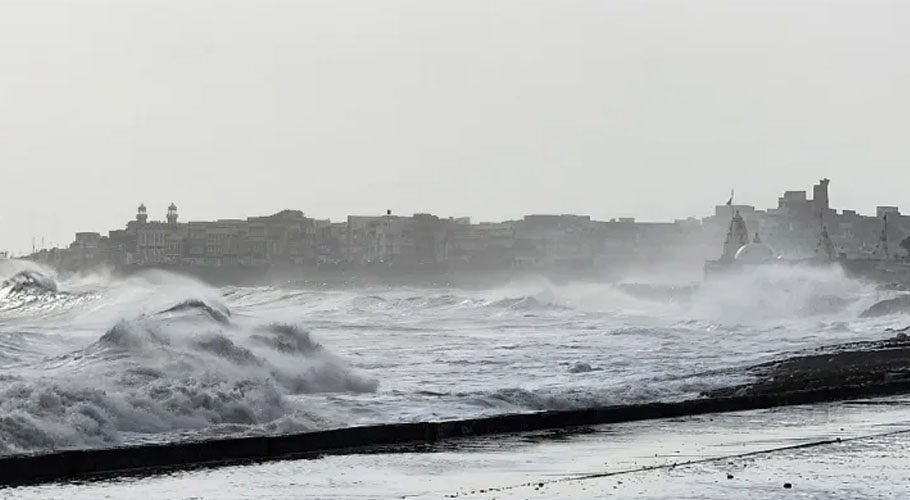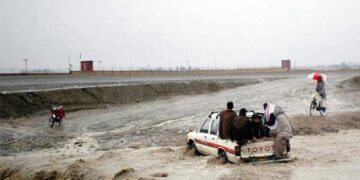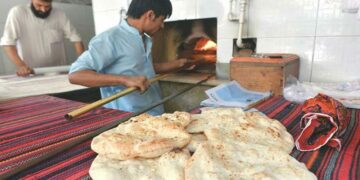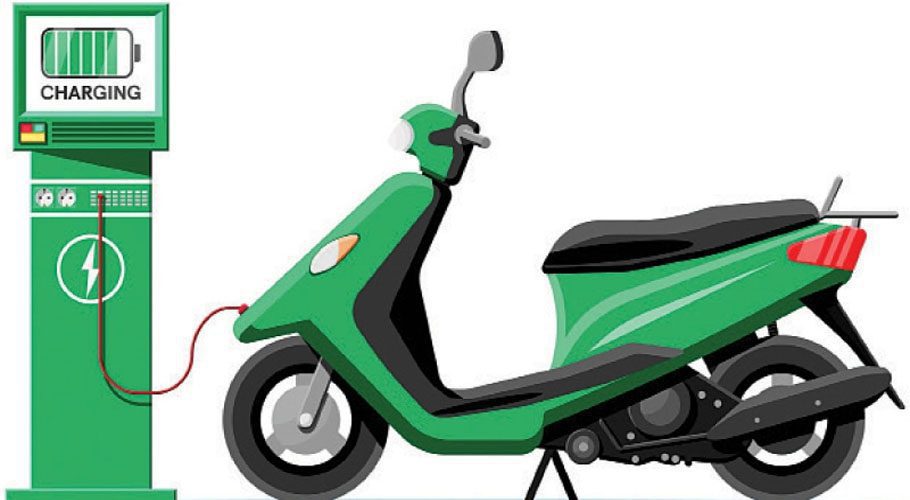![]() Follow Us on Google News
Follow Us on Google News
As we all are aware how cyclone named Biparjoy, which means ‘disaster’ or ‘calamity’, has developed in the Arabian Sea, and countries such as India, Oman, Iran, and Pakistan are at higher risk.
As per the latest report, the tropical cyclone of extremely severe intensity is currently present in the Arabian Sea at a distance of 550 kilometres from Karachi and 530km south of Thatta and will pass somewhere between Keti Bandar, Sindh, and Gujarat, India on June 15.
Here are some of the precautions and the do’s and don’t which one should consider during the cyclonic storm:
Authorities like the Sindh government and the Defence Housing Authority (DHA) tweeted the dos and don’ts of what to do in the lead up to, during and after the cyclone.
Before the cyclone, citizens should:
- Ignore rumours, stay calm, and don’t panic.
- Keep your mobile phone charged to ensure connectivity.
- Keep your valuables and documents in water-proof containers.
- Prepare an emergency kit with essential items for safety and survival.
- Ensure you have an ample supply of food, water, first aid kit and medicines.
- Remove valuable items from basements and ground floors.
- Clear loose objects from your rooftops to prevent them from being carried away by strong winds.
- Keep a ready supply of torches and candles in case of power outages.
- Separately, DHA recommended residents to voluntarily evacuate.
- Secure the solar panels on your roofs so that they do not cause any damage to neighbours or anyone passing by.
- DHA also recommended residents with fiberglass tanks to safeguard, protect and cover them so as to prevent them from being carried away.
For citizens residing in residential and commercial buildings:
Read more: No danger of Biperjoy cyclone hitting Karachi directly: PMD
- Make temporary walls with sandbags or block masonry at the entrance of basements.
- All compulsory open spaces are to be kept clear of any obstructions to avoid the poundage of excessive water.
- Drains at the main gates should be cleaned thoroughly.
- Rooftops of all buildings should be kept clear of temporary/unauthorised construction and material.
- Roof treatment should be carried out to prevent damage to the structures.
- All naked or loose electric connections should be secured.
- All manholes and pipes should be cleaned.
During and after the cyclone, you should:
If indoors:
- Switch off electrical mains and gas supply.
- Keep doors and windows shut.
- Rely only on official warnings.
- Look after the children in the house when it is raining.
If outdoors:
- Do not enter damaged buildings.
- Seek safe shelter as soon as possible.
- Watch out for broken electric wires, poles and other sharp objects.


























